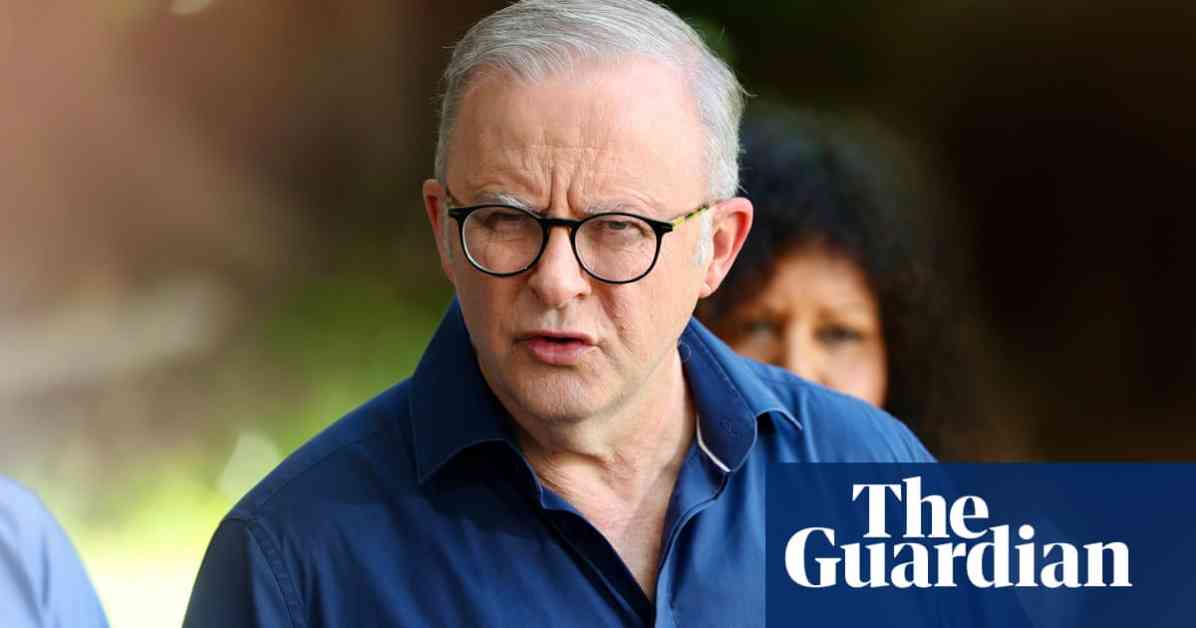Anthony Albanese, the Australian Prime Minister, is gearing up for the upcoming federal election by focusing on three key battlegrounds – Queensland, the Northern Territory, and Western Australia. He aims to position this year’s election as a crucial choice between “building Australia’s future” with the Labor party or “taking Australia backwards” under the Coalition.
Albanese’s Vision for Australia
Albanese emphasizes that his government prioritizes the well-being of Australians by providing cost-of-living relief, strengthening Medicare, and investing in essential areas like infrastructure, childcare, and aged care. He envisions working collaboratively over the next three years to build upon the foundations already laid.
Strategic Campaigning
Albanese, who faced declining personal approval ratings at the end of 2024, is kicking off the new year with an offensive campaign strategy. His first stops include Queensland, where Labor only holds five of the 30 lower house seats. The Prime Minister plans to visit key electorates such as Leichhardt in Cairns, Lingiari in the Northern Territory, and Bullwinkel in Western Australia, all while highlighting contrasting visions for the country.
Economic Focus and Expectations
The election campaign coincides with the release of crucial economic data, particularly the monthly inflation figures. With inflation rates hovering around 2.1% to 3.5%, the Reserve Bank of Australia is closely monitoring these numbers as it contemplates potential interest rate adjustments. Treasurer Jim Chalmers underscores the positive impact of responsible economic management on inflation rates, setting the stage for the RBA’s upcoming interest rate decision in February.
Anthony Albanese’s strategic approach to the election campaign underscores the high stakes and competing visions for Australia’s future. As the political landscape intensifies, the Prime Minister’s focus on key battlegrounds and economic indicators sets the stage for a closely contested election year.
As a kid, I remember my parents discussing the importance of voting and how it shapes the future of our country. Understanding the impact of political decisions became a significant part of my upbringing, instilling a sense of civic responsibility. Now, as I follow Albanese’s campaign strategy and economic narratives, I can’t help but reflect on those early conversations and the enduring relevance of active participation in shaping Australia’s future. How has your upbringing influenced your perspective on politics and elections?

